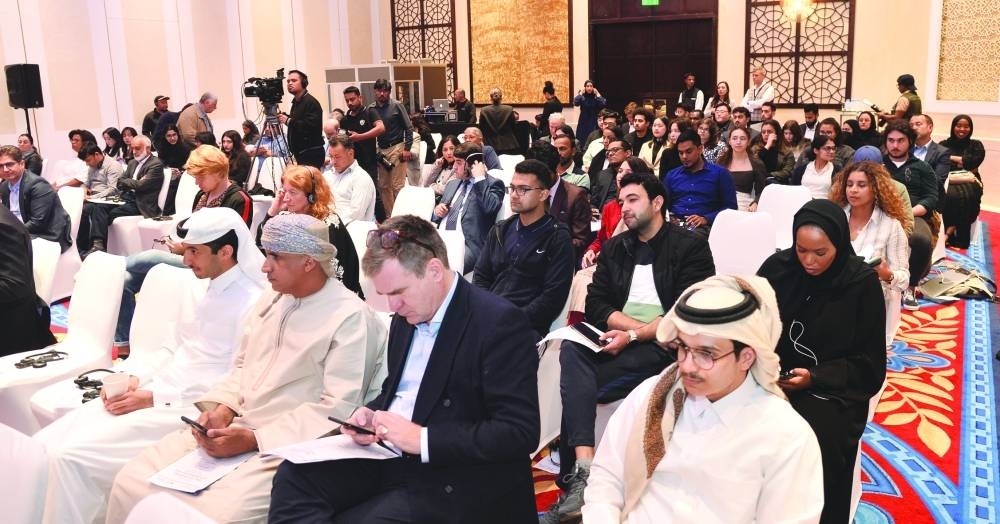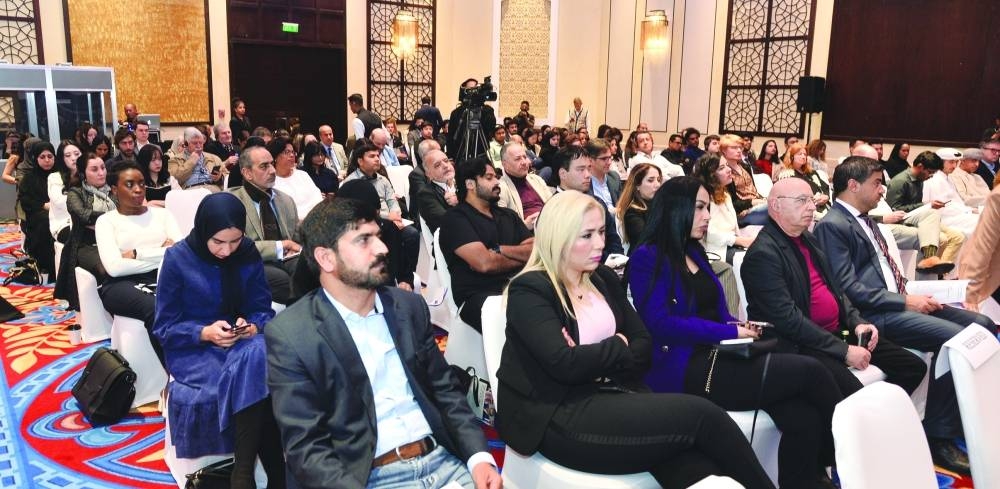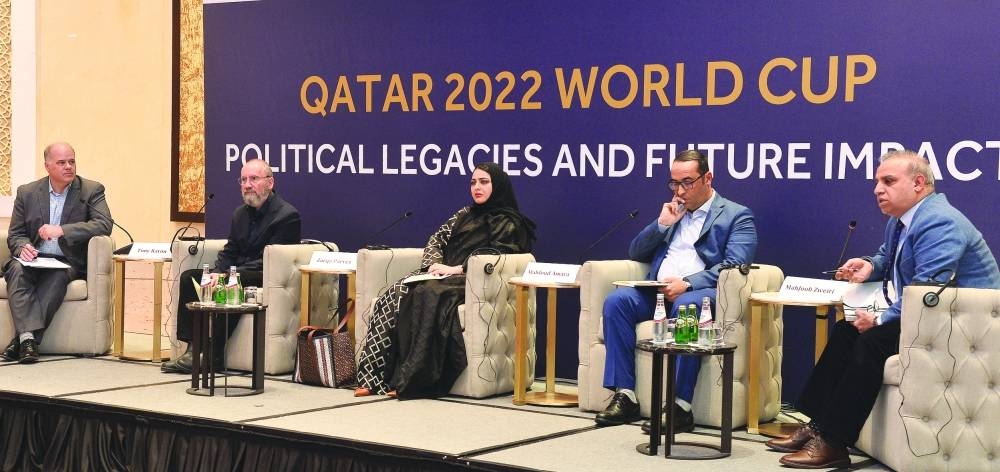The FIFA World Cup Qatar 2022, hosted with high standards, has left a mark of multiple legacies and produced counter narratives that shattered the Western media campaigns, it was pointed out at a panel discussion Tuesday by the Middle East Council on Global Affairs.
Titled ‘Qatar 2022 World Cup: Political Legacies and Future Impact’, the discussion was attended by Mahfoud Amara, associate professor in Sport Management and Social Sciences, Qatar University (QU); Mahjoob Zweiri, Professor in Gulf Studies and director of Gulf Studies Centre, QU; Zarqa Parvez, adjunct assistant professor in government, Georgetown University in Qatar and Tony Karon, editorial manager, AJ+. Nader Kabbani, senior fellow and director of research, Middle East Council on Global Affairs, was the moderator.
Prof Zweiri noted that the FIFA World Cup Qatar 2022 will remain unforgettable for the excellence in organising and it has left a legacy with lasting political impact.
“The World Cup brought in more collaboration between the Arab and Muslim countries while boosting pan-Arabism. Also, it has changed the media narratives about Qatar and the Arab world. The tournament’s impact will last and post World Cup legacy will change regional politics,” he said, adding that the event was notable for its exceptionalism in many aspects.
Amara observed that the mega sporting event heralded Arab unity. “Arab League expressed the solidarity with Qatar while the country was criticised for declaring Arab unity. The tournament witnessed the promotion of Arab-Islamic culture and the victory of Saudi Arabia against Argentina and the achievements of Morocco changed the dynamics of the World Cup,” he recalled.
Karon explained that the shifting of the political and media attention to Palestine was one of the symbolic moments of the FIFA World Cup Qatar 2022 and thereby changed priorities. He noted that the 2022 edition produced the best ever World Cup while lending good experience for many people.
Parvez explained that the tournament produced several counter-narratives while highlighting the role of Arab identity. “The tournament underlined that the politics of collective identity can be easily mobilised and the Arab identities were mobilised during the event,” she noted. The World Cup also led to several positive changes and discussions.

A view of the audience. PICTURE: Shaji Kayamkulam.

Another view of the audience. PICTURE: Shaji Kayamkulam.

The panel discussion in progress Tuesday. PICTURE: Shaji Kayamkulam.

